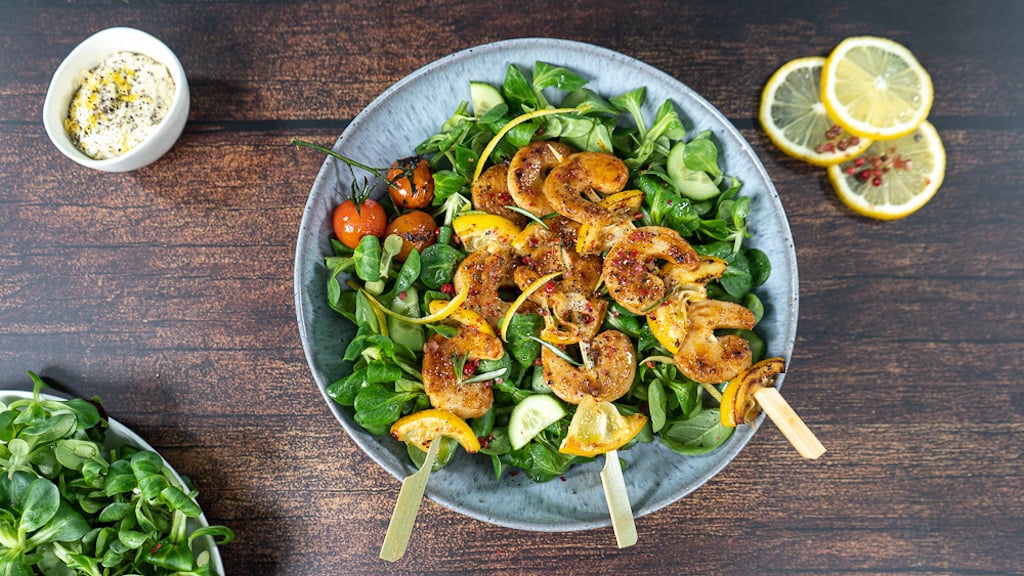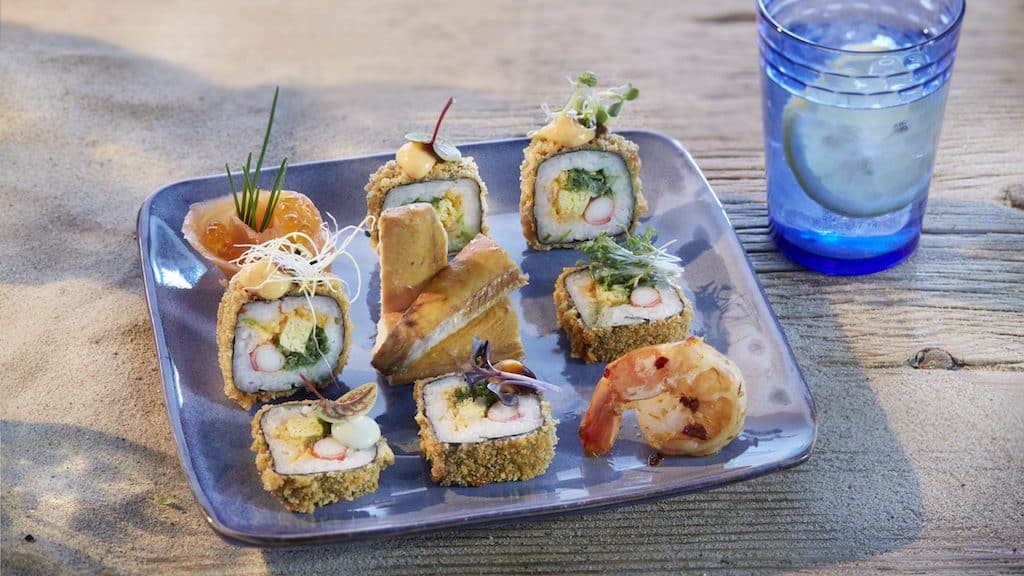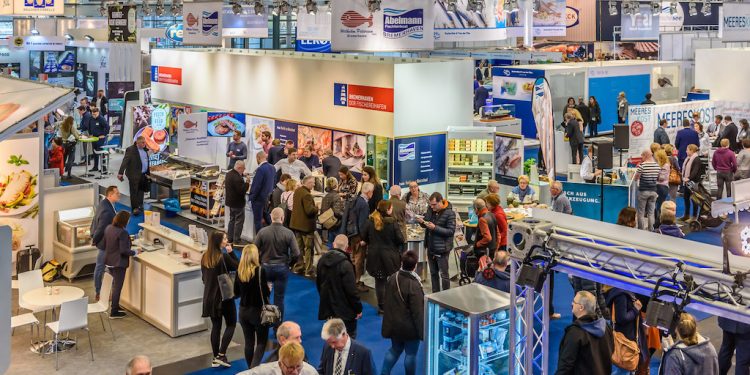After a strong growth in demand during the Corona period, German consumers’ interest in seafood has returned to pre-pandemic levels, according to a survey by the Norwegian Seafood Council.
The Seafood Council’s Germany director Kristin Pettersen says that this shows that the pandemic has not led to a fundamental rethink among consumers, and pointed out two reasons for consumer reluctance to eat more fish.
‘Either they are convinced that they already eat enough fish, or they say they do not want to contribute to overfishing of the oceans,’ she said.

The disproportionate increase in fish consumption was a non-reproducible special effect as a result of the pandemic, according to the Fish Information Centre (FIZ) in Hamburg.
According to the latest FIZ statistics, fish consumption in Germany returned to pre-Covid levels in the first five months of 2022. Accordingly, consumption fell slightly compared to the same period in 2019; although consumers spent more on fish.
‘The willingness of customers to spend more shows us that they continue to value fish and seafood highly,’ said managing director Matthias Keller.
As the only German trade fair for fish and seafood, Fish International in Bremen, is traditionally the place where the industry gathers to see the latest trends and developments.
To enable participants to plan their visit to Fish International better and use their time intensively for targeted discussions, organisers Messe Bremen have set up a new digital tool accessible via a meeting platform on the fish website. The Seafood Business Meeting function enables exhibitors and visitors can arrange targeted meetings.
‘In this way, not only can the time at the fair be used more efficiently, but the new offer also leads to new and interesting contacts that one might not have made during a usual tour,’ said Sabine Wedell, project manager at Fish International.
A further innovation Newcomer Area, designed specifically for companies and start-ups that are coming to the fair for the first time with innovative products. Among the first exhibitors to book a place there are Crushi from the Netherlands and Happy Ocean Foods from Munich.

Crushi has developed a new form of sushi, coated with a crispy layer on the outside. What makes this special is that the rolls in three different flavours are delivered deep-frozen and cooked for a few minutes in high-temperature oil before being being served. Crushi is already successful in several European countries and is now being introduced in Germany for the first time.
Happy Ocean Foods has developed a vegan alternative to crustaceans. The Bavarian start-up’s Shrymps consist exclusively of plant-based ingredients, but taste (almost) like the original and can also be prepared in a similar variety of ways as shrimp.
Bluefin demonstration
Spanish fishing company Balfego, fish trading company Zeelandia van Belzen (Willich) and fish producer Deutsche See (Bremerhaven) are bringing a Japanese Kaitai show to Bremen something rarely seen in Europe. Kaitai master Kozo Ohgata will portion a 150-200kg bluefin tuna in a demonstration of of perfect knife skills.
‘Both restaurateurs and traders can learn more here in 45 minutes than ever before about the pleasure experience that a bluefin tuna offers their guests and customers,’ promises Christian van Belzen.
Bluefin tuna is one of the most valuable edible fish in the world. Bluefin meat becomes particularly when, as is done by Balfego, the fish are slaughtered using the Ikejime technique. This stress-free method for the animals results in a particularly fine-tasting end product.









